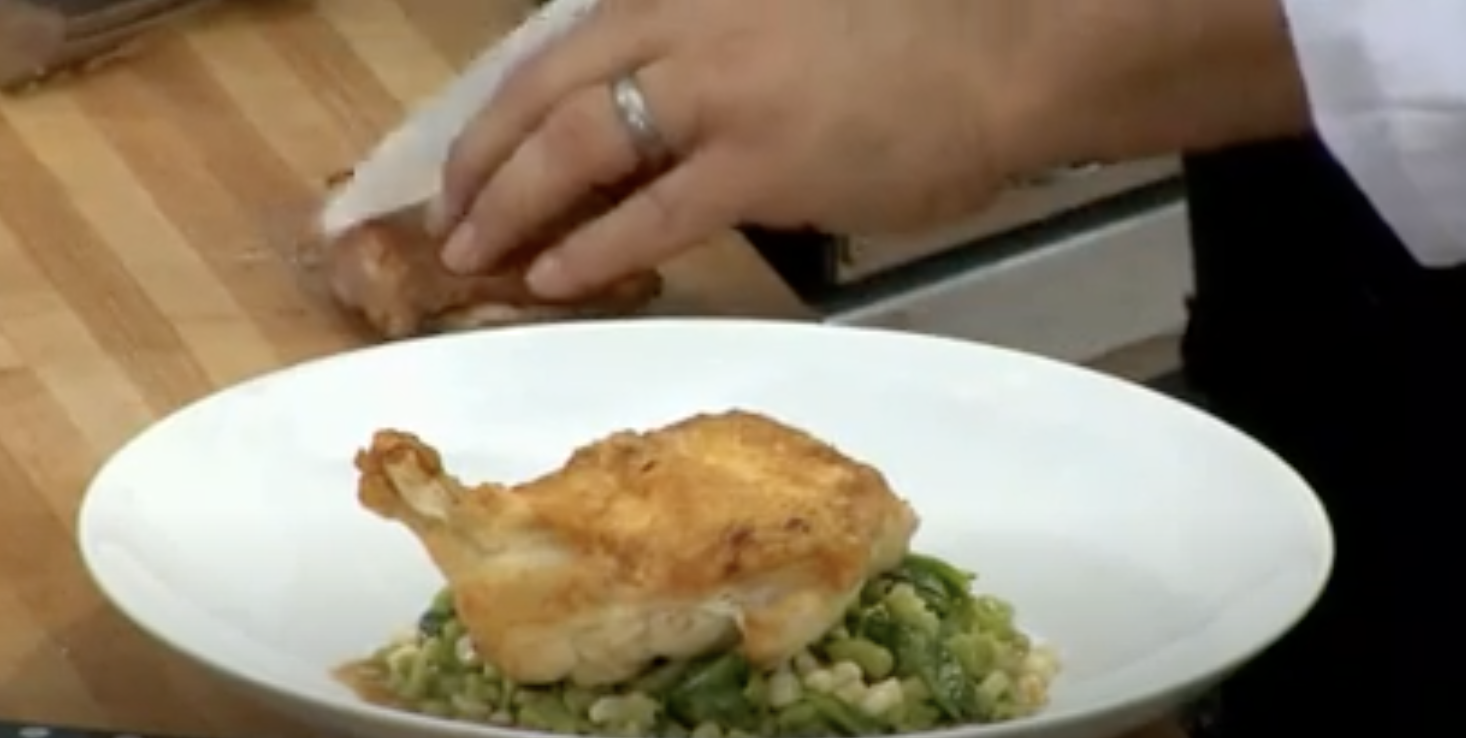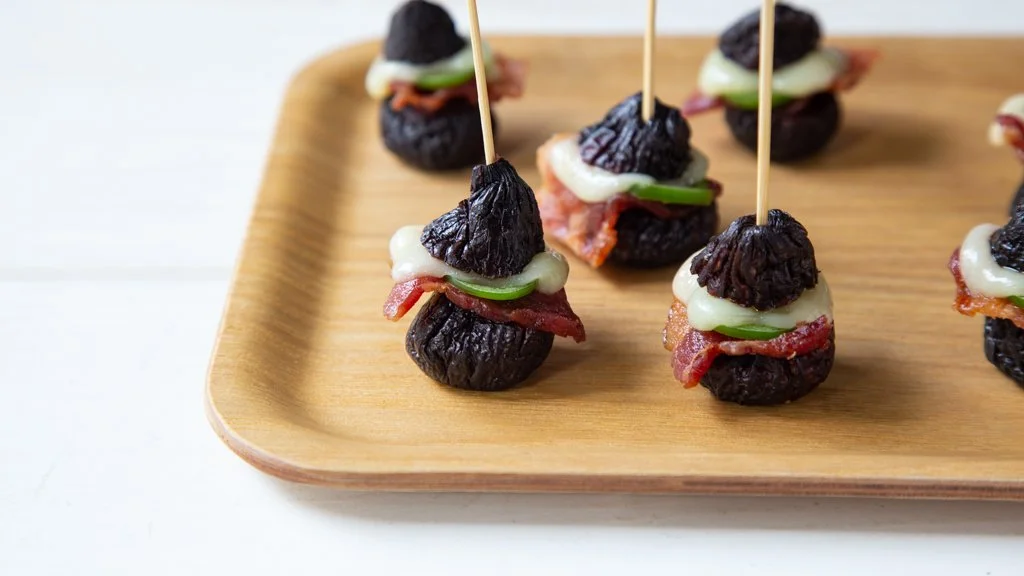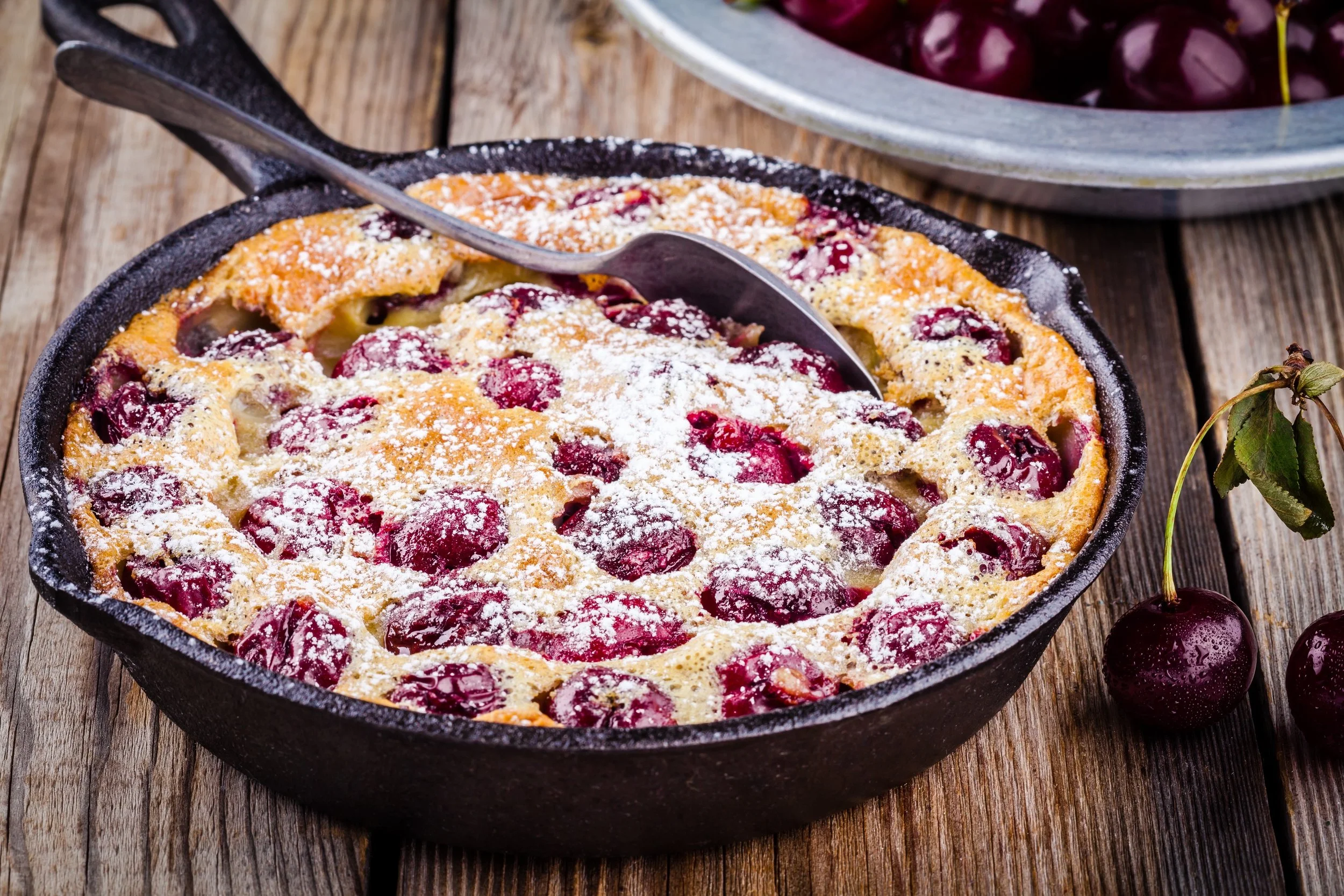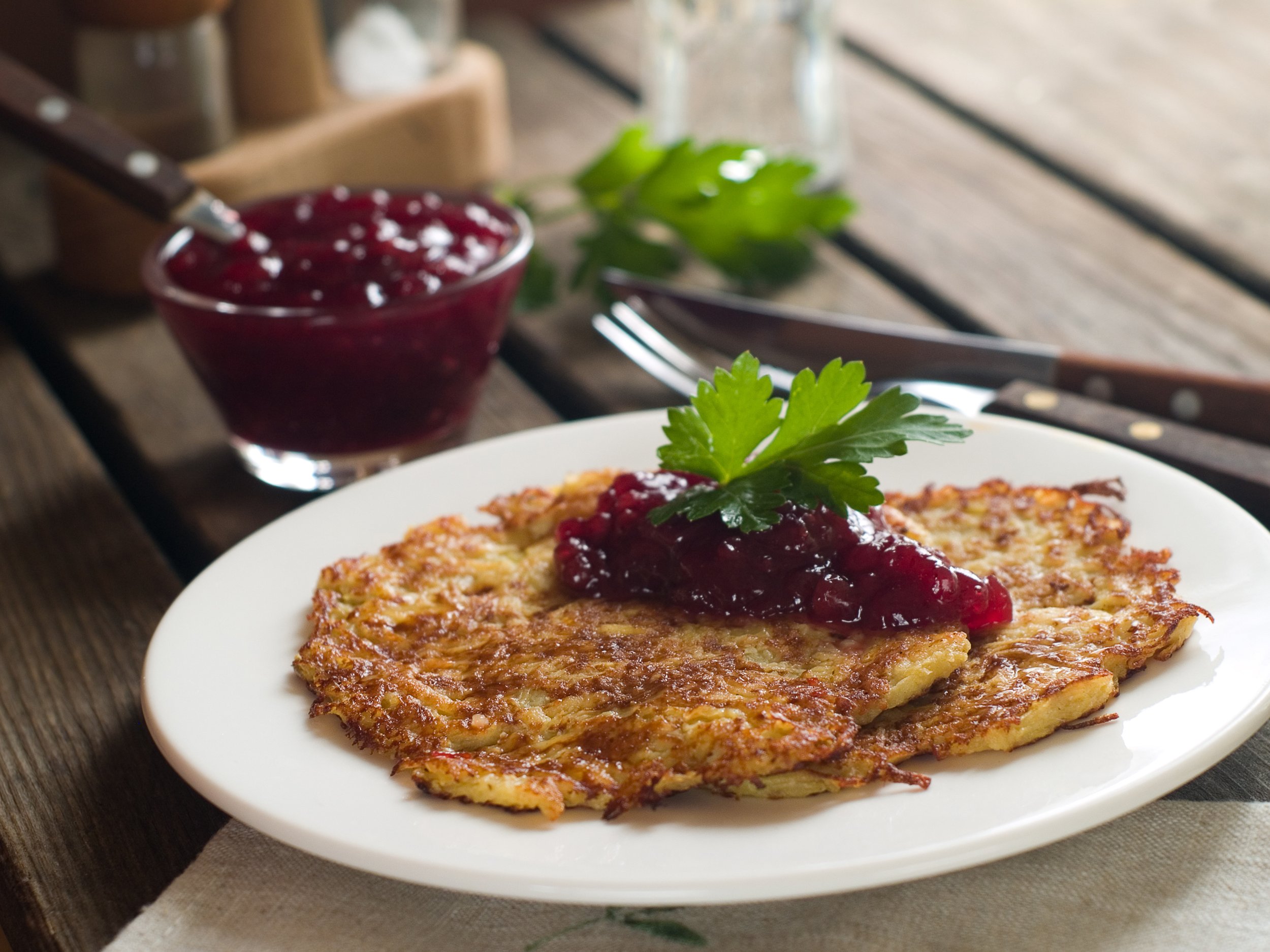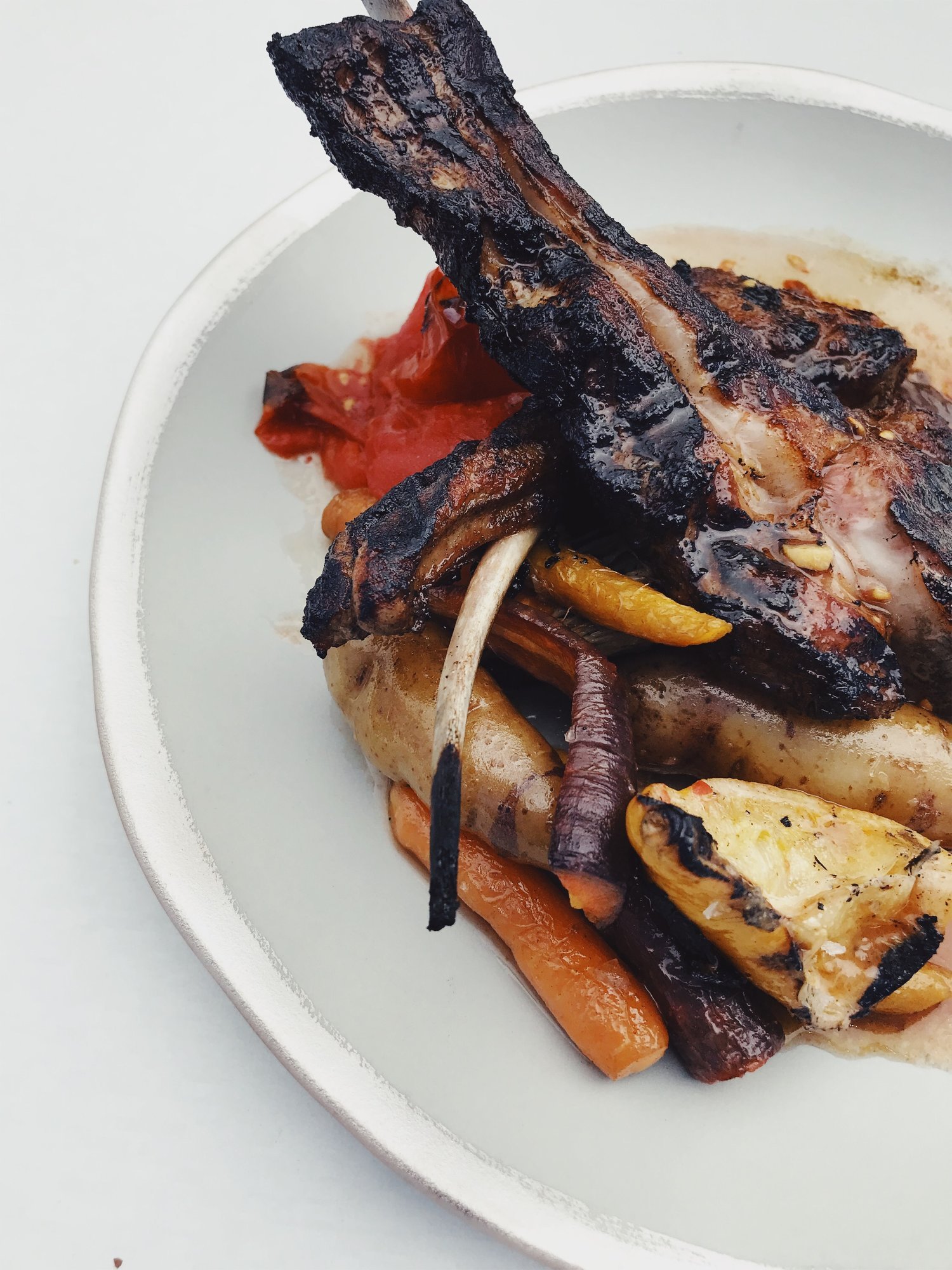Cauliflower
Crunchy, white, and packed with vitamin C, we love cauliflower for its potential cancer-fighting properties and–of course–its taste. Try it roasted or raw. Cauliflower is at it’s peak season in September through November.

BUY IT
Look for cauliflower that has a creamy white color with densely packed florets that are free of blemishes, browning or wet spots. The cauliflower head should feel heavy in your hand for its size.
Give the leaves a good look. They should be fresh and vibrant, which is a sign that the cauliflower was recently harvested.
If buying purple, green or orange cauliflower (you'll find these at many farmers markets), they should be uniformly colored.
Take a good whiff. If the cauliflower has a strong smell, it's past its prime and will probably have an unpleasant taste.
ADD IT
Cauliflower has a lightly sweet, nutty flavor when properly cooked. Raw cauliflower can have a pretty sharp bite, but when combined with creamy dips can be a great addition to a raw vegetable platter.
Cauliflower can be roasted, steamed, sauteed, or fried, as well as mashed!
PREP IT
To cut a head of cauliflower into florets, quarter the head through the stem end and cut away the small piece of core from each quarter. Then cut the cored cauliflower into bite-sized florets.
Don't toss the stalk and leaves! They're edible and quite delicious, so you may want to include them in your cooking. Peel and cut the stalks so they're about the same size as the florets you're using to ensure even cooking.
Rinse the cut up pieces of cauliflower in a colander to remove any residual dirt. Use a paper towel or a clean kitchen towel to pat them dry before cooking.


